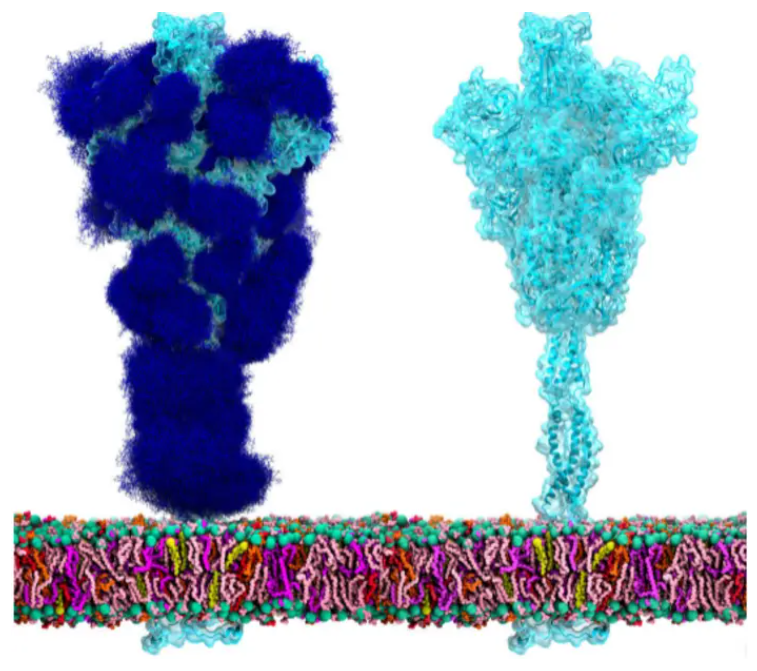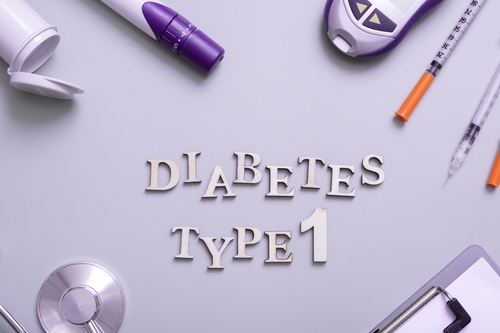
Amid orders to stay at home and social distance in the wake of the COVID-19 pandemic, medical tests to monitor and detect serious conditions—including cancer screenings—have sharply declined, according to a report.
The report was conducted by Komodo Health and exclusively reported by Reuters.
“Diagnostic panels and cancer screenings typically performed during annual physician visits fell by as much as 68% nationally, and by even more in coronavirus hotspots,” according to Reuters. These tests are not only of critical value to patients in order to catch diseases early and monitor existing conditions—they are also significant revenue sources for health systems.
Cervical cancer screenings are reportedly down 67%.
“We’re seeing a tremendous impact on preventative care, as well as on chronic conditions with massive implications for the healthcare system,” said Arif Nathoo, MD, chief executive officer and co-founder of Komodo Health, told Reuters. “It speaks volumes to just how much COVID is impacting everyone’s health and wellness.”
To conduct their study, the researchers examined billing records of 320 million patients across the country between March 19 and April 20 of this year. They compared these data with the preceding 11 weeks and a similar time from 2019. The most significant drops in testing were observed in places hit hardest by the virus, they observed, citing a more than 90% decrease in A1c blood tests for diabetes in Manhattan, N.Y.; cervical cancer screening declined by 76.3% in California.
Dr. Nathoo told Reuters that while these tests are not conducted often, they are typically conducted when a patient sees their doctor. The decline in testing suggests that patients are not visiting their doctor nearly as often.
The repercussions from the COVID-19 pandemic are expected to be long-lasting. Reuters reported, “Data from Komodo and others have begun to shine light on the gaps in care created by an epidemic that has infected close 1 million people in the United States, and could have a lasting impact on the U.S. healthcare system beyond COVID-19.”
David Linetsky, head of life sciences at Phreesia, a New York-based patient intake technology company, told the outlet that many chronically ill patients have deferred care due to the pandemic, the effects of which will outlive the pandemic. “There are going to be tremendous health repercussions.”







 © 2025 Mashup Media, LLC, a Formedics Property. All Rights Reserved.
© 2025 Mashup Media, LLC, a Formedics Property. All Rights Reserved.